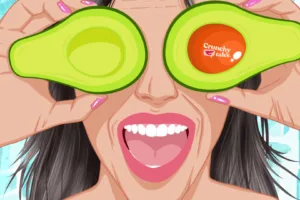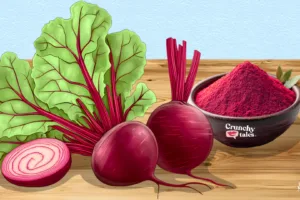S.O.S. Vaginal Dryness
Who said we can’t have sex when we get older? Yes, we can still enjoy it in spite of our hormonal alterations. We’re going to find a way to make it still beautiful and lovely and important. So, let’s put away that embarrassment of being dry “down there” or having painful intercourse and talk about vaginal dryness.
It can affect any woman, however, after the menopause, it is very common annoying over half of the post-menopausal women aged between 51 and 60. The ovaries simply stop producing the female hormone estrogen, the levels begin to decrease and one of the early signs of reduced estrogen in the vagina is reduced lubrication during sexual activity. But that doesn’t mean it should stop us from enjoying ourselves and our relationships.
‘Grace & Frankie‘, those popular senior characters from an original Netflix series, starring Lily Tomlin and Jane Fonda, teach us we shouldn’t deny ourselves the opportunity to have a fulfilling and pleasurable sex life when we get older: just as we use lotions to minimize fine lines and hair colour to cover grey, we can manage the changes in our vagina.
There are many over-the-counter lubricants available which can ease our discomfort and also intravaginal low-dose estrogen and testosterone creams (available by prescription). Discussing vaginal dryness with a healthcare professional can be daunting however it is often well worth it as they will be able to help.
Studies have confirmed that although more than half of women develop vaginal dryness as they become more postmenopausal, most do not report symptoms. Some will try lubricants as they begin to develop pain with sex – says Dr Jo Ann Pinkerton, NAMS (North American Menopause Society) executive director-. However, if lubricants and vaginal moisturizers are not enough, there are highly effective vaginal therapies such as vaginal estrogen tablets, creams, the low-dose ring, and the new intravaginal dehydroandrosterone to consider.
How To Address Vagina Inflammation
In addition to local treatments, the good news is that we can play our own part simply by following some healthy habits. According to the Harvard Women’s Health Watch, we should avoid saturated and trans fats and choose olive oil and canola oil instead.
It might be worth including into our diet foods high in Vitamin C (like red peppers, oranges, pine nuts, and roasted sunflower seeds), omega-3s and spicing up our meal with herbs that have antioxidant and anti-inflammatory properties, like turmeric (also known as curcumin), garlic, rosemary and cayenne.
Vaginal Rejuvenation
As well as pelvic floor exercises, vaginal rejuvenation treatments promise to help vaginal dryness. In the past, the majority of women were seeking vaginal rejuvenation for cosmetic reasons, now procedures are more for functional rather than purely cosmetic purposes.
For those who want to invest in a specific treatment, there are creams and injections that are meant to improve the quality of orgasm; laser treatments that promise to tighten the muscles of the vagina or improve its look; fillers into the labia and internal hyaluronic acid filler for the lining of the vagina; internal radio frequency to stimulate collagen production, improving the functioning of the lining of the vagina and helping to keep it moisturised.
The wellness industry is also playing its part: from vulva sheet masks and ‘revitalising’ serum to probiotics for women (capsules of good bacteria specifically designed to improve vaginal health), apparently, there are vulva-friendly products galore on every shelf.




